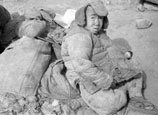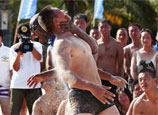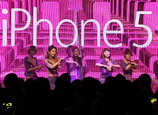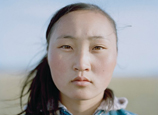
According to the statement, Tang cooked the "golden rice" in the United States and brought the cooked rice to China on May 29, 2008, without due declaration to relevant Chinese authorities. Four days later, Tang and other research participants recooked the GM rice and mixed it with ordinary rice and served it for the children's lunch.
Prior to the test, the research team held a meeting to brief the children's parents or guardians, but did not tell them that the test would be using GM food.
According to Tufts, the ethic review of each research has to be renewed annually. However, Tang started the test in Hunan before the yearly renewal was completed.
Grossman did not answer a Xinhua question about whether or not Tufts University or Tang should apologize to the 25 Chinese pupils.
GM food is controversial, as there is still no consensus on whether or not it is harmful to the human body. According to the Greenpeace website, it is simply not known whether genetically engineered crops are safe for human or animal consumption. Independent scientific studies on the matter are severely lacking, it said.
The Chinese government introduced a regulation as early as in 2001 to ensure the safety of GM food, with strict provisions for researching, testing, producing and marketing such products.
According to the regulation, parties conducting GM agricultural experiments should have certain qualifications and form a panel to oversee the safety of the experiments.
It also provides that any China-foreign GM agricultural experiment should be approved by the government's agricultural authorities.















 'Devil' foreign instructors at Chinese bodyguard training camp
'Devil' foreign instructors at Chinese bodyguard training camp


![]()
